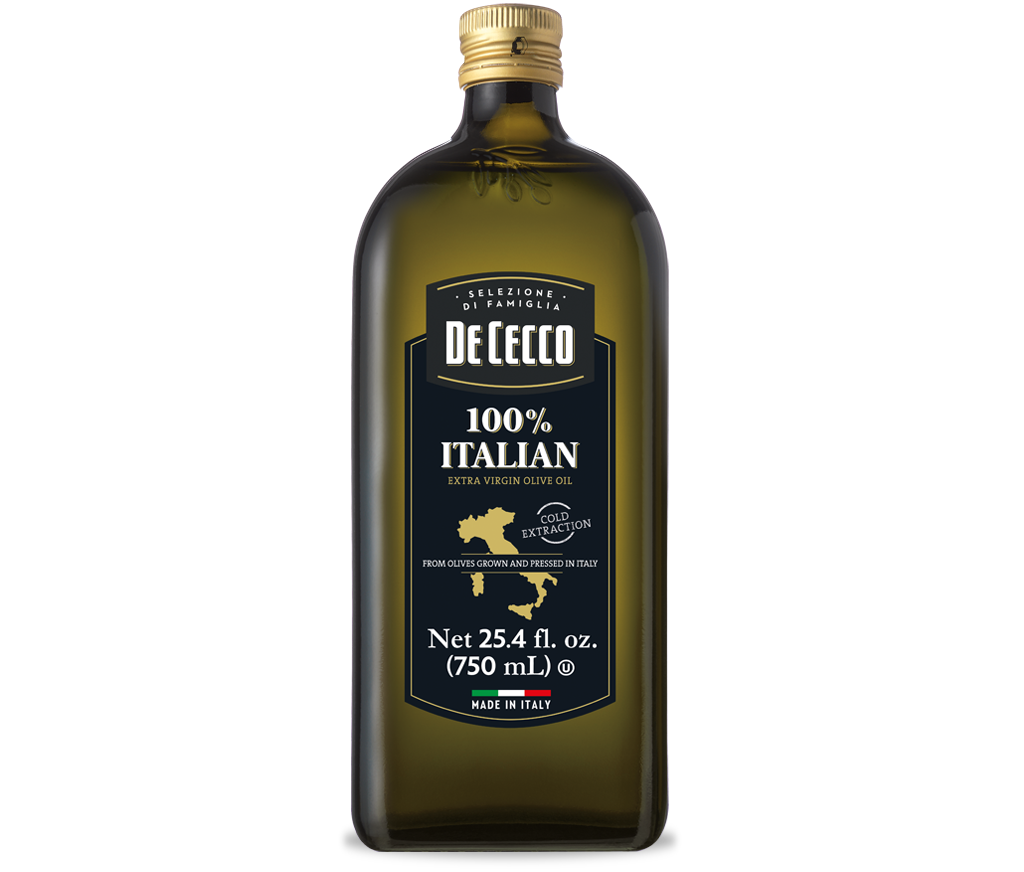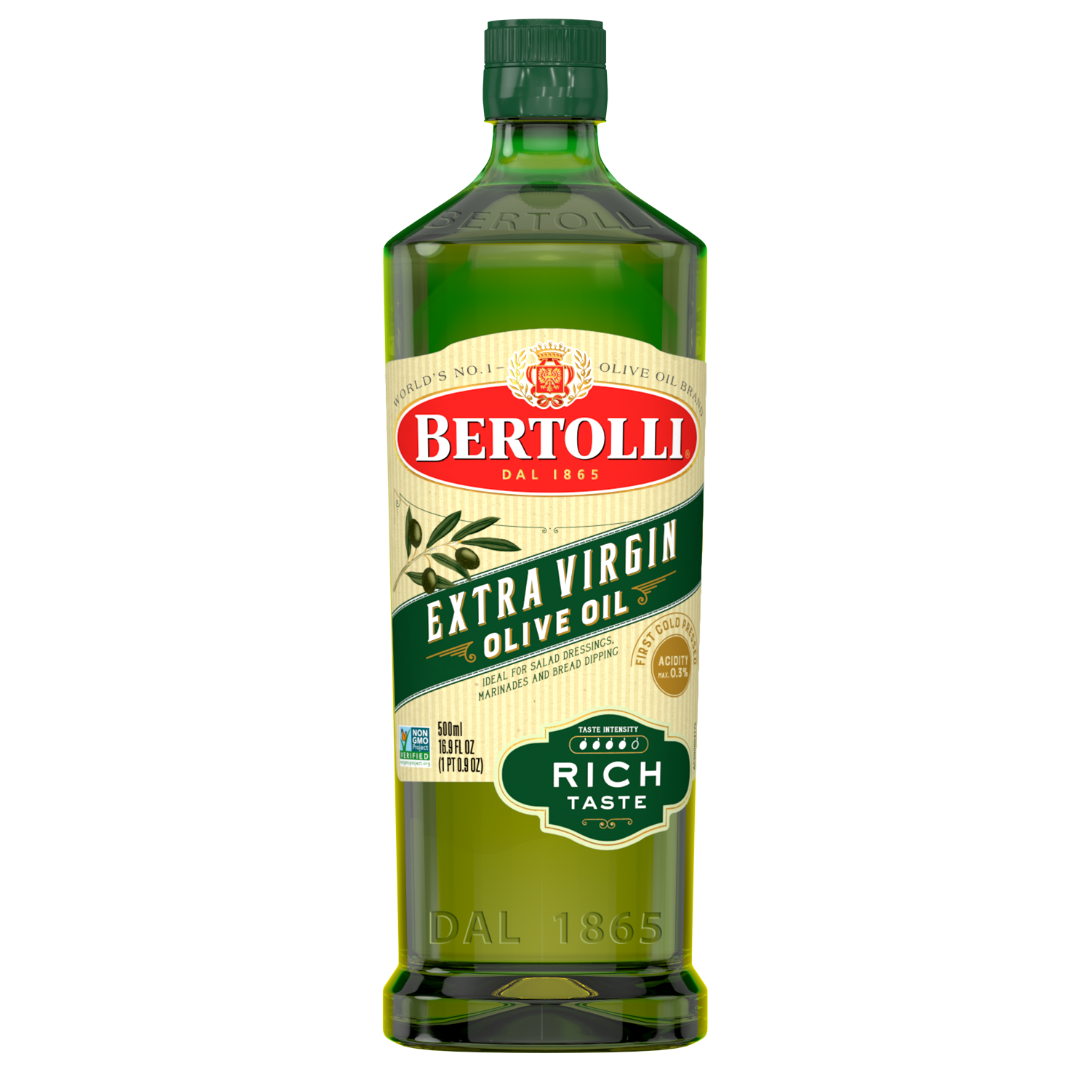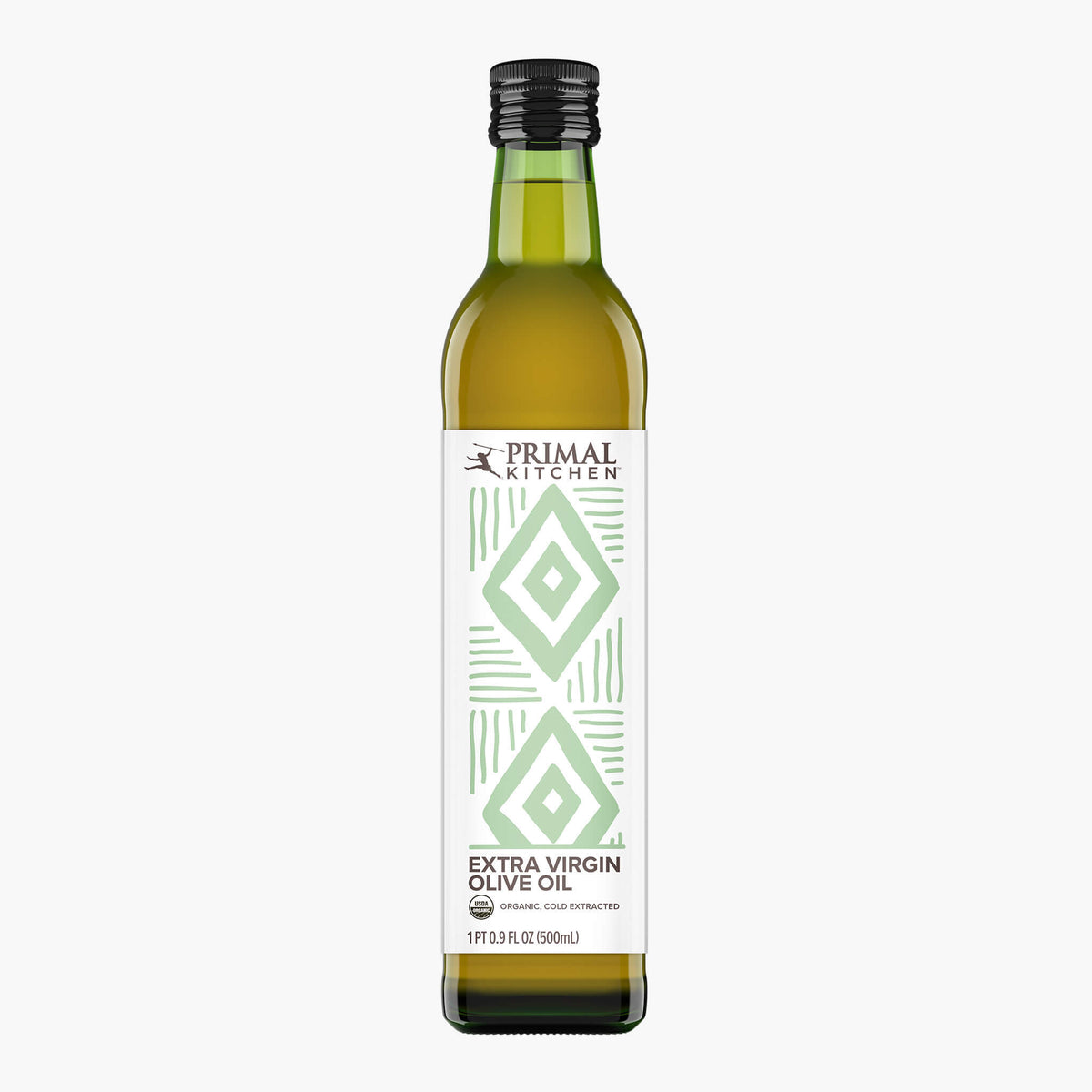The Crucial Guide to Understanding Extra Virgin Olive Oil and Its Culinary Benefits
Bonus virgin olive oil stands as a cornerstone of cooking excellence, identified not only by its exceptional quality yet likewise by its myriad wellness benefits. This oil, removed from the very first pressing of olives, supplies low level of acidity and a complex taste profile that boosts a diverse array of dishes.
What Is Extra Virgin Olive Oil?
Bonus virgin olive oil (EVOO) is a top quality oil acquired from the first pushing of olives, characterized by its reduced level of acidity and rich taste profile. This oil is thought about the finest quality of olive oil, meeting stringent standards for high quality and preference. To qualify as additional virgin, the oil has to be extracted with mechanical methods without making use of warm or chemicals, maintaining the natural attributes of the olives.
EVOO is commemorated for its complex scent, varying from fruity to peppery, and its distinctive taste that can differ based upon the olive variety and region of manufacturing. The wellness benefits of extra virgin olive oil are well-documented; it is rich in monounsaturated fats, anti-oxidants, and anti-inflammatory substances, adding positively to heart health and general health.
In cooking applications, EVOO is versatile, suitable for sprinkling over salads, improving the taste of prepared recipes, and working as a base for marinates. Its special taste account not only raises meals yet also plays a vital role in Mediterranean food, where it is an essential ingredient. Comprehending EVOO's high qualities can enhance culinary experiences and promote healthier eating practices.
Exactly How Additional Virgin Olive Oil Is Made

At the mill, the olives go through a strenuous cleaning process to get rid of any dirt or leaves. They are after that squashed into a paste utilizing typical stone mills or contemporary steel mills. This action is essential for launching the oil from the cells of the fruit. Following this, the paste undergoes malaxation, where it is gently blended to assist in the splitting up of oil from water and solids.
The next stage entails centrifugation, which makes use of rapid spinning to separate the oil from the staying pulp and water. The resulting oil is then filteringed system to boost quality and security. Additional virgin olive oil is kept in dark glass or stainless steel containers to secure it from light and oxidation, guaranteeing its phenomenal flavor and top quality are preserved up until it reaches consumers.
Health And Wellness Advantages of Additional Virgin Olive Oil
What makes extra virgin olive oil a staple in healthy diets around the world? Its abundant make-up of monounsaturated fats, mostly oleic acid, adds substantially to cardio health and wellness. Studies have revealed that these healthy and balanced fats can minimize inflammation, lower poor cholesterol levels (LDL), and increase excellent cholesterol (HDL), therefore promoting heart health.
Moreover, added virgin olive oil is a powerful source of anti-oxidants, consisting of polyphenols and vitamin E (extra virgin olive oil benefits). These compounds help fight oxidative anxiety and decrease the risk of persistent illness such as cancer and diabetes mellitus. The anti-inflammatory residential or commercial properties of extra virgin olive oil additionally improve its health advantages, making it an important enhancement to an anti-inflammatory diet plan
Research has actually also shown that regular click reference intake of additional virgin olive oil might support cognitive feature and lower the threat of neurodegenerative diseases, such as Alzheimer's. In addition, its potential duty in weight management, when made use of in moderation, emphasizes its flexibility as a healthy fat source.
Culinary Makes Use Of and Applications
A cornerstone of Mediterranean food, extra virgin olive oil serves a multitude of culinary applications that boost flavor and raise recipes. Its abundant, nuanced taste account makes it a perfect selection for drizzling over salads, barbequed veggies, or roasted meats, conveying deepness and richness.

In addition, it works as an important ingredient in dressings, giving a base for vinaigrettes and luscious sauces, while improving the overall preference experience. Additional virgin olive oil can also be used as a completing oil, added simply before offering to highlight the dish's fragrance and flavor profile.

Tips for Deciding On High Quality Olive Oil
Choosing high quality olive oil can substantially improve both flavor and health benefits in your cooking undertakings. To guarantee you select the very best product, consider the following tips.
First, appearance for the classification "additional virgin" on the label. This classification indicates that the oil is made from the first cool pushing of olives, maintaining the highest degree of flavor and nutrients. Additionally, look for a harvest day; fresher oils are normally much better in both taste and health residential or commercial properties.
Next, take into consideration the resource. Oils from regions known for high-quality manufacturing, such as Italy, Spain, and Greece, frequently yield premium items. Seek single-origin oils, as they normally offer an even more authentic flavor account compared to blends.
Check out the packaging, also. Quality olive oil must be stored in dark glass bottles or tins to shield it from light and oxidation. extra virgin olive oil benefits. Prevent clear plastic bottles, as they subject the oil to light, which can degrade its top quality
Conclusion
In conclusion, extra virgin olive oil stands as a premium oil, commemorated for its remarkable flavor and countless health benefits. Choosing useful site top notch added virgin olive oil is vital for enhancing both taste and wellness properties, reinforcing its condition as a staple in healthy and balanced food preparation and nutritional techniques.
Extra virgin olive oil (EVOO) is a top notch oil acquired from the initial pushing of olives, characterized by its low acidity and rich flavor account.The manufacturing of extra virgin olive oil begins with the careful harvesting of olives, which are generally handpicked to avoid damage to the fruit. Additional virgin olive oil is kept in dark glass or stainless steel containers to shield it from light and oxidation, guaranteeing its exceptional flavor and quality are preserved until it gets to customers.
In final thought, additional virgin olive oil stands as a premium oil, celebrated for its extraordinary flavor description and various health and wellness benefits. extra virgin olive oil benefits. Selecting premium added virgin olive oil is important for enhancing both flavor and health residential or commercial properties, reinforcing its status as a staple in healthy and balanced food preparation and dietary techniques
Comments on “Why Extra Virgin Olive Oil Benefits Your Gut and Digestive System”